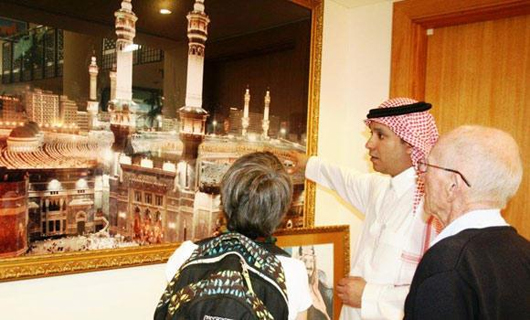
Jeddah, Oct 11: The Ministry of Foreign Affairs plans to Saudize all contract jobs at embassies abroad, including allocating a third of all positions for women.
Deputy Foreign Minister Prince Khaled bin Saud said the plan would ensure 100 percent Saudization in Arab countries and 75 percent in missions in non-Arab countries.
He said the ministry is “closer than ever to achieving these numbers,” and that it had previously not “employed non-Saudi citizens in official positions, be they diplomatic or administrative.”
Regarding the complications faced by Saudis at visa departments in some countries, he said: “The ministry always aims through its diplomatic channels to resolve such issues, and has succeeded in doing so in numerous locations. But in cases where diplomatic attempts are not successful, the ministry immediately works to protect and ensure that the rights of its citizens are met.”
Prince Khaled said lawyers have been working on 13,364 cases involving Saudi citizens abroad over the past three years. So far, more than 11,360 cases have been resolved, which works out to 85 percent of the total, he said.
He said the ministry was working to ensure gender equality in the diplomatic corps. “The ministry does not distinguish between men and women in the Foreign Ministry. Women are given the same career options and are able to reach high positions like their male counterparts. In this regard, and as per the directives of the minister, we aim to allocate one third of all positions for women.”
“The ministry is working as per the directives of Custodian of the Two Holy Mosques King Abdullah to serve citizens and help them overcome obstacles.”
“As per the directives of Foreign Minister Prince Saud Al-Faisal, the ministry is also continuously working to rectify the incorrect image of the Kingdom abroad.” He said this responsibility also lies with other government agencies, which requires greater communication between stakeholders.





Comments
Add new comment